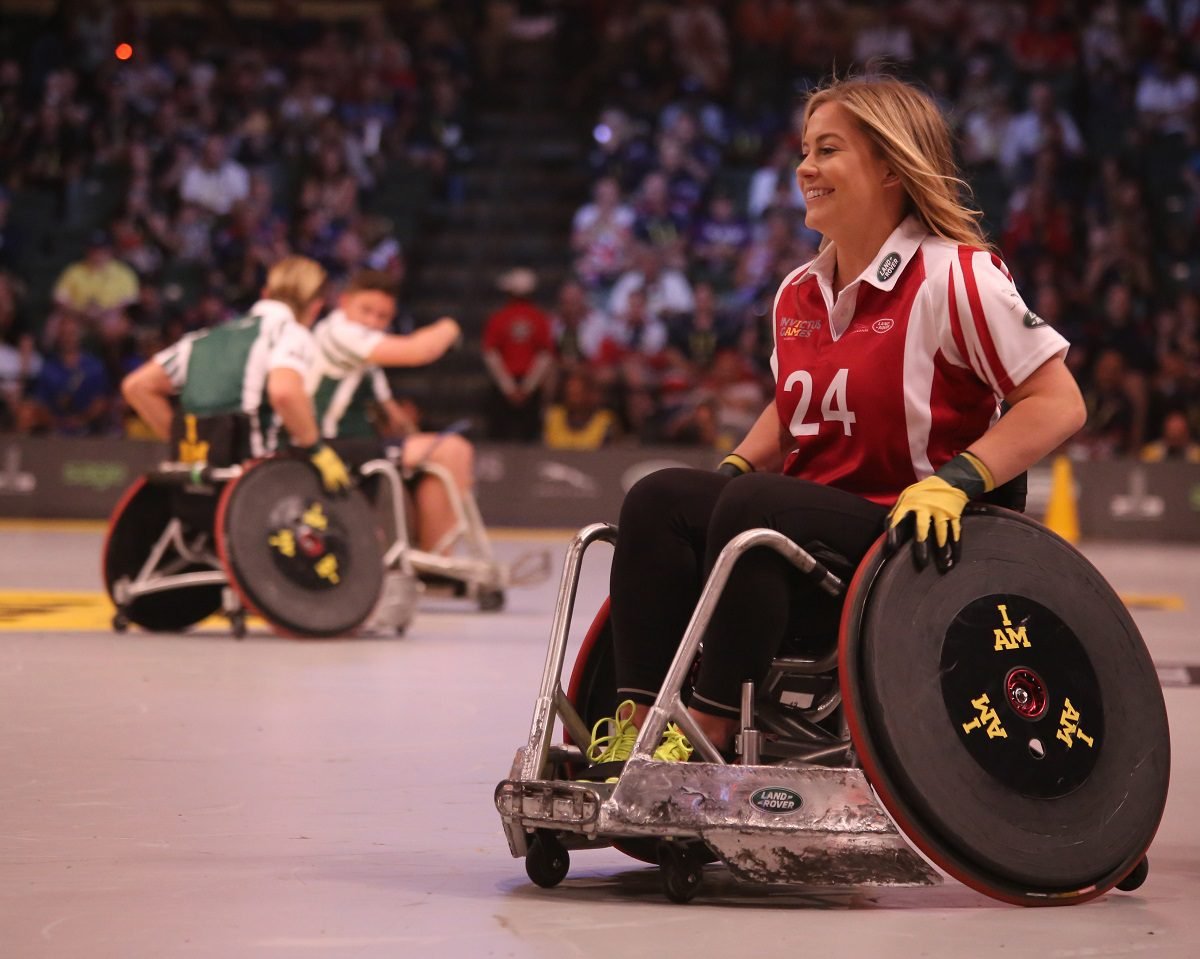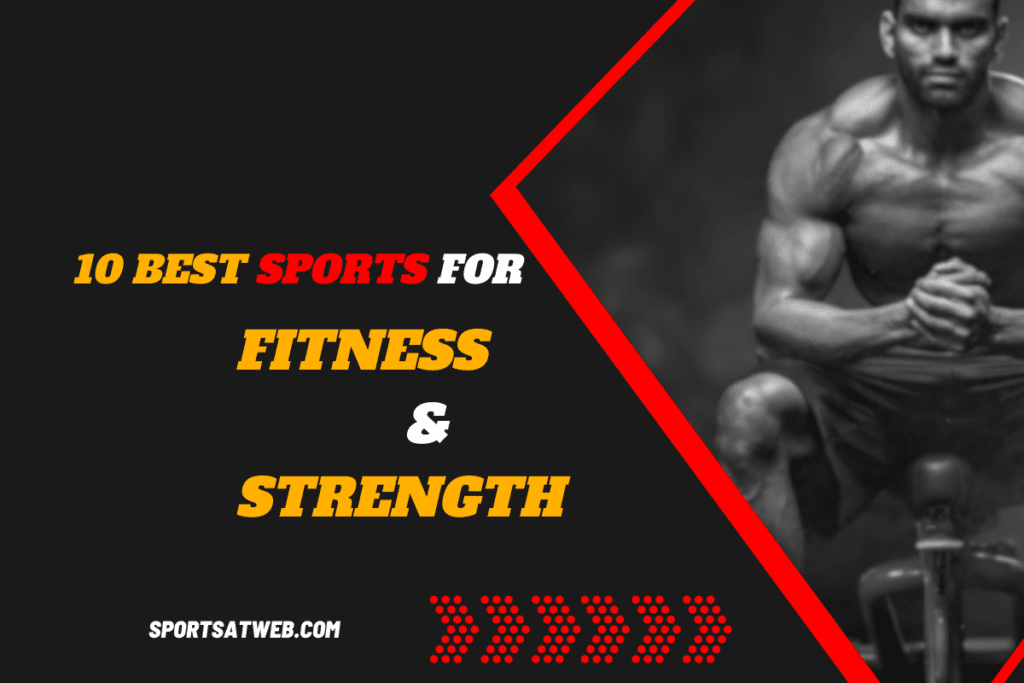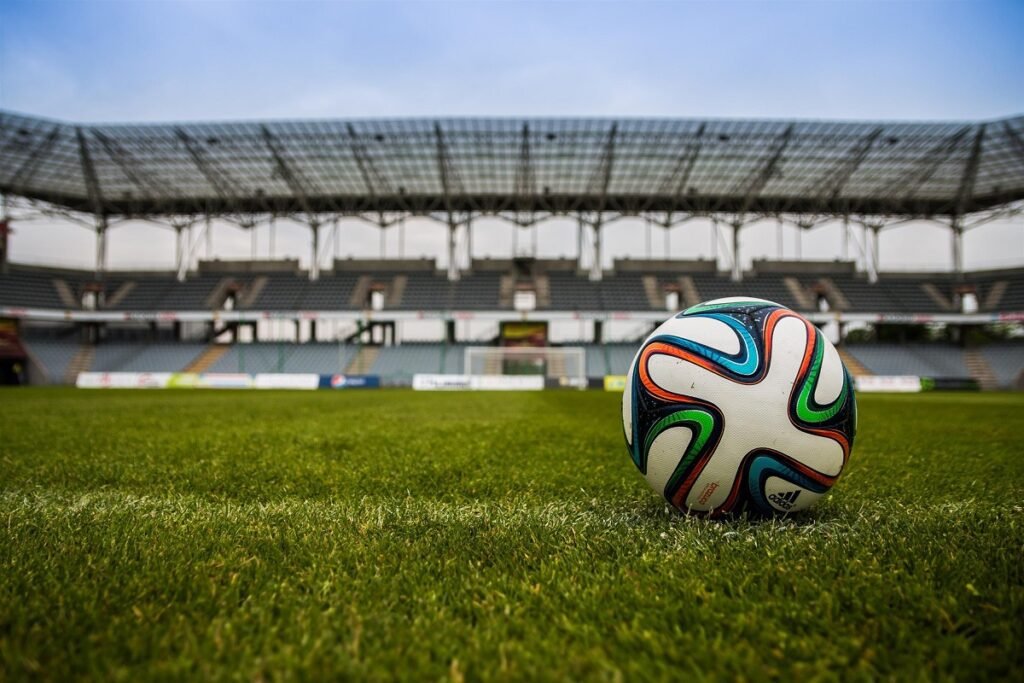Adaptive sports are sports that have been adapted to meet the needs of those with physical or mental disabilities. Participating in adaptive sports allows those with disabilities to experience the same joy, camaraderie, and physical and mental benefits of regular sports. Adaptive sports also help to foster a sense of inclusion and belonging amongst those with disabilities. With the wide range of adaptive sports available, there is something for everyone, from swimming to skiing, basketball to kayaking. By providing a safe and supportive environment, adaptive sports can open up a world of possibilities for those with disabilities.
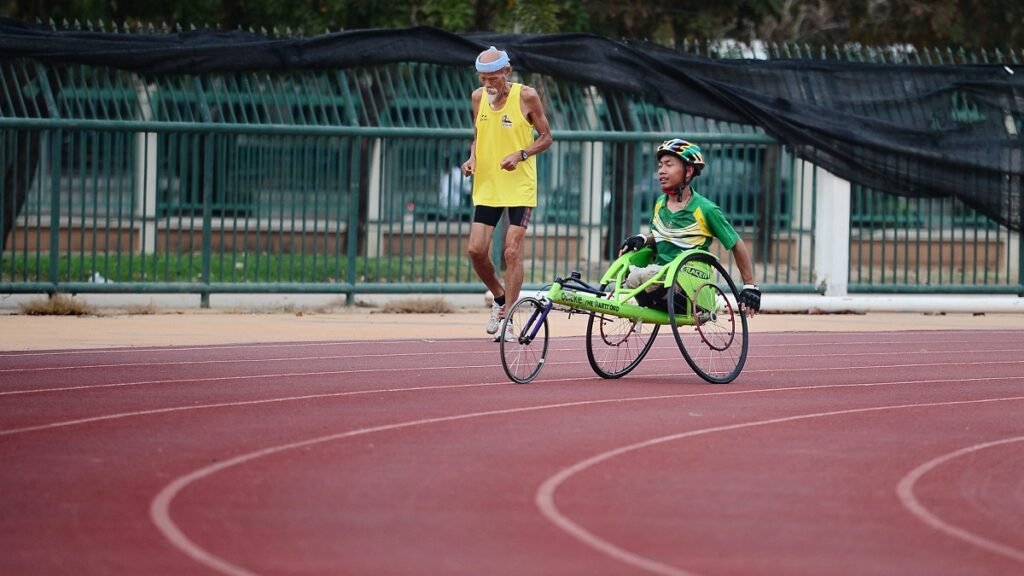
Role Of Promoting Adaptive Sports?
The role of promoting adaptive sports is to create a safe and accessible environment for people with physical disabilities to participate in a wide variety of adapted sports and activities. By promoting adaptive sports, people with physical disabilities can engage in physical activities and be part of a team. This helps to improve physical health, build self-confidence, and foster social interaction. Additionally, it provides an opportunity for people with physical disabilities to become involved in the community and gain a sense of belonging.
Benefits Of Adaptive Sports For People With Disabilities
1. Improved Physical Fitness:
Adaptive sports can help people with disabilities improve their physical fitness and health. Through physical activity, people with disabilities can become stronger, more flexible, and more coordinated.
2. Increased Self-Confidence:
Adaptive sports can help build self-confidence in people with disabilities. Participating in sports and competing with others can help people with disabilities to feel accepted and respected.
3. Improved Socialization Skills:
People with disabilities who participate in adaptive sports may find it easier to interact with others and make new friends.
4. Improved Coordination and Balance:
Adaptive sports can help people with disabilities improve their coordination and balance, which can help them to better perform daily tasks.
5. Improved Mental Health:
Participating in adaptive sports can help people with disabilities improve their mental health. Regular exercise and physical activity can help improve mood, reduce stress, and reduce symptoms of depression.
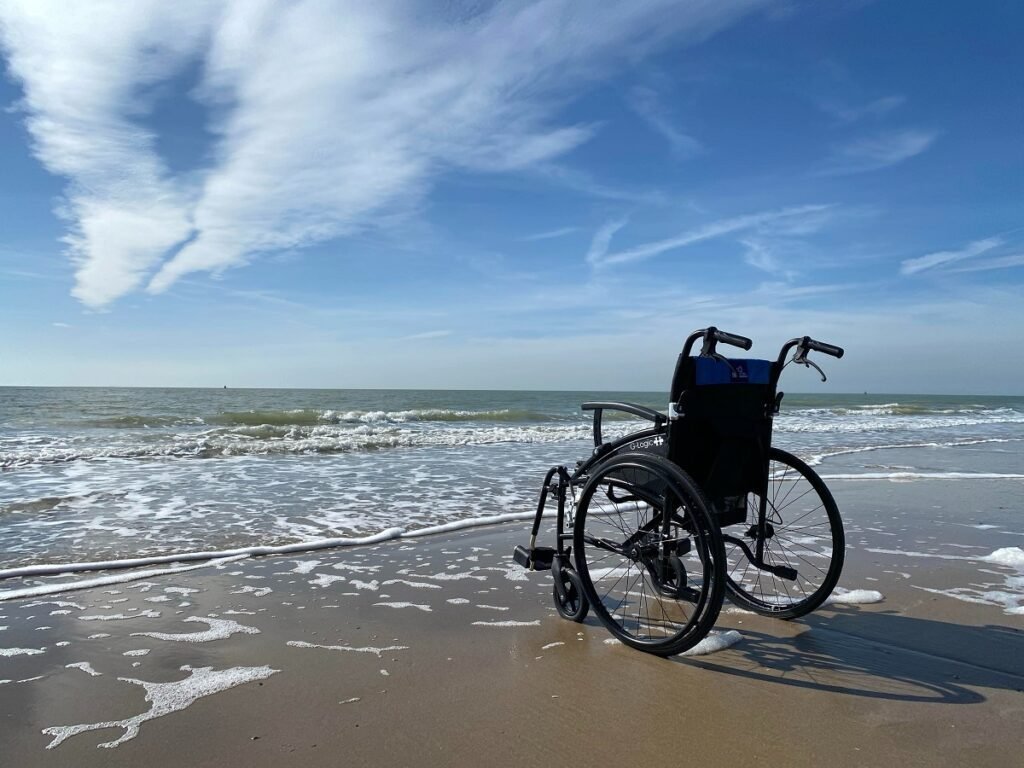
Adaptive Sports Equipment And Technology
Adaptive sports equipment and technology are designed to make sports more accessible to people with disabilities. This includes items such as specialized wheelchairs, prostheses, and adaptive sports gear, as well as assistive technologies such as electronic tracking systems, artificial intelligence, and virtual reality. These products are designed to make sports more accessible to those with physical and cognitive impairments, helping them to participate in sports that they may not otherwise be able to play. Additionally, adaptive sports equipment and technology can enable people with disabilities to maximize their athletic performance, enhancing their competitive edge.
Names Of Some Adaptive Sports Are
1. Wheelchair Basketball
2. Wheelchair Rugby
3. Adaptive Cycling
4. Blind Soccer
5. Goalball
6. Sled Hockey
7. Handcycling
8. Para-Archery
9. Wheelchair Tennis
10. Para-Alpine Skiing
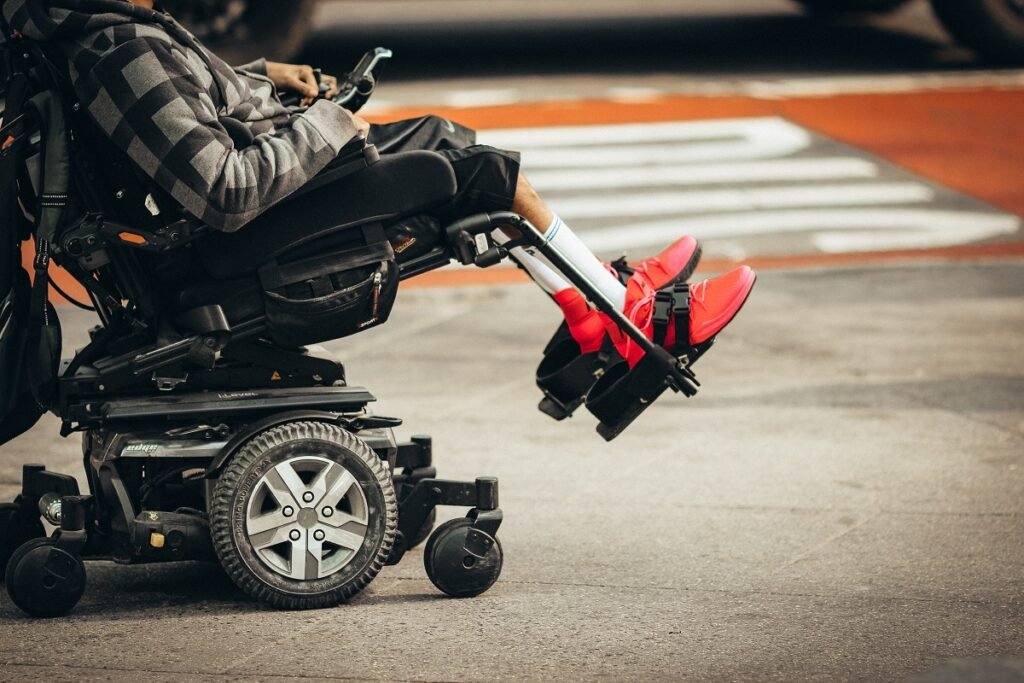
Some Of Adaptive Sports Equipment Are :
1. Adaptive Ski Chair
2. Accessible Snowboard
3. Motorized Wheelchair
4. Adaptive Cycling Handcycle
5. Adaptive Water Ski
6. Accessible Tennis Wheelchair
7. Adaptive Sailing Handcycle
8. Adaptive Soccer Chair
9. Adaptive Basketball Chair
10. Adaptive Golf Chair
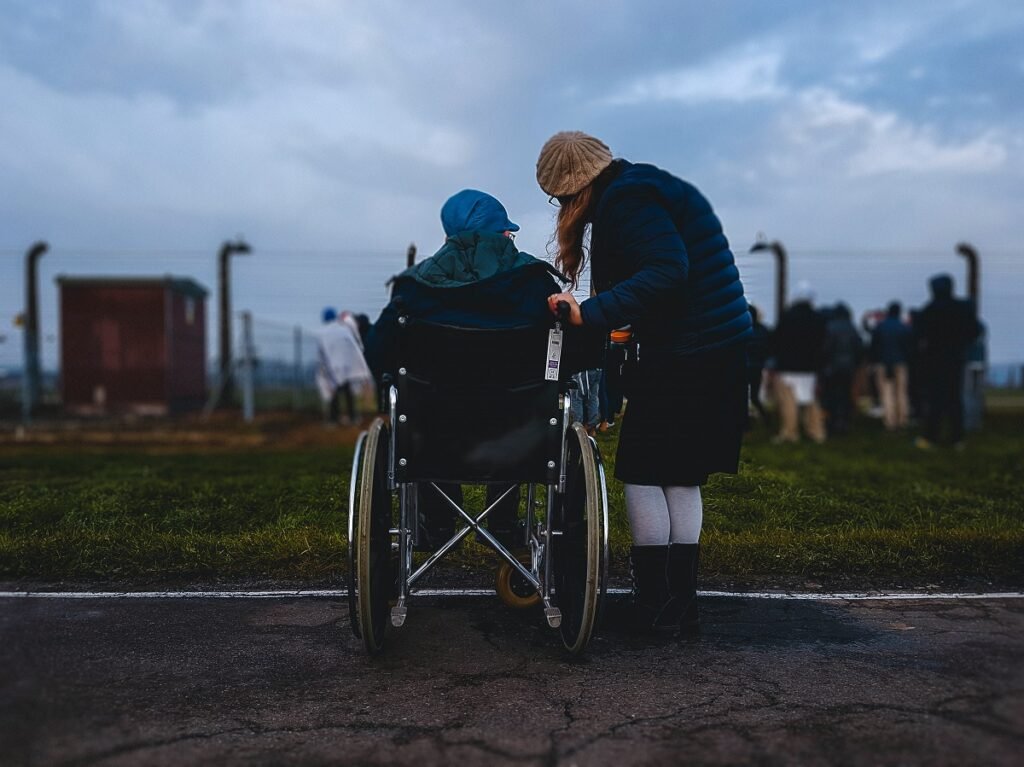
Conclusion
Adaptive sports have evolved significantly, providing individuals with disabilities the chance to compete, stay active, and enjoy the camaraderie that sports offer. It’s essential to raise awareness about the various adaptive sports available and the many ways to participate. These activities are not solely about competition; they also promote overall well-being. For those wondering which sport is good for health, adaptive sports provide numerous options that cater to different abilities and preferences. Additionally, the benefits of sports for mental health cannot be overstated; they foster resilience, improve mood, and build self-confidence. With the right support, adaptive sports can be a fantastic way to engage in physical activity, develop essential skills, and achieve personal goals. By continuing to promote and support these activities, we can ensure that everyone has the chance to participate and thrive.

